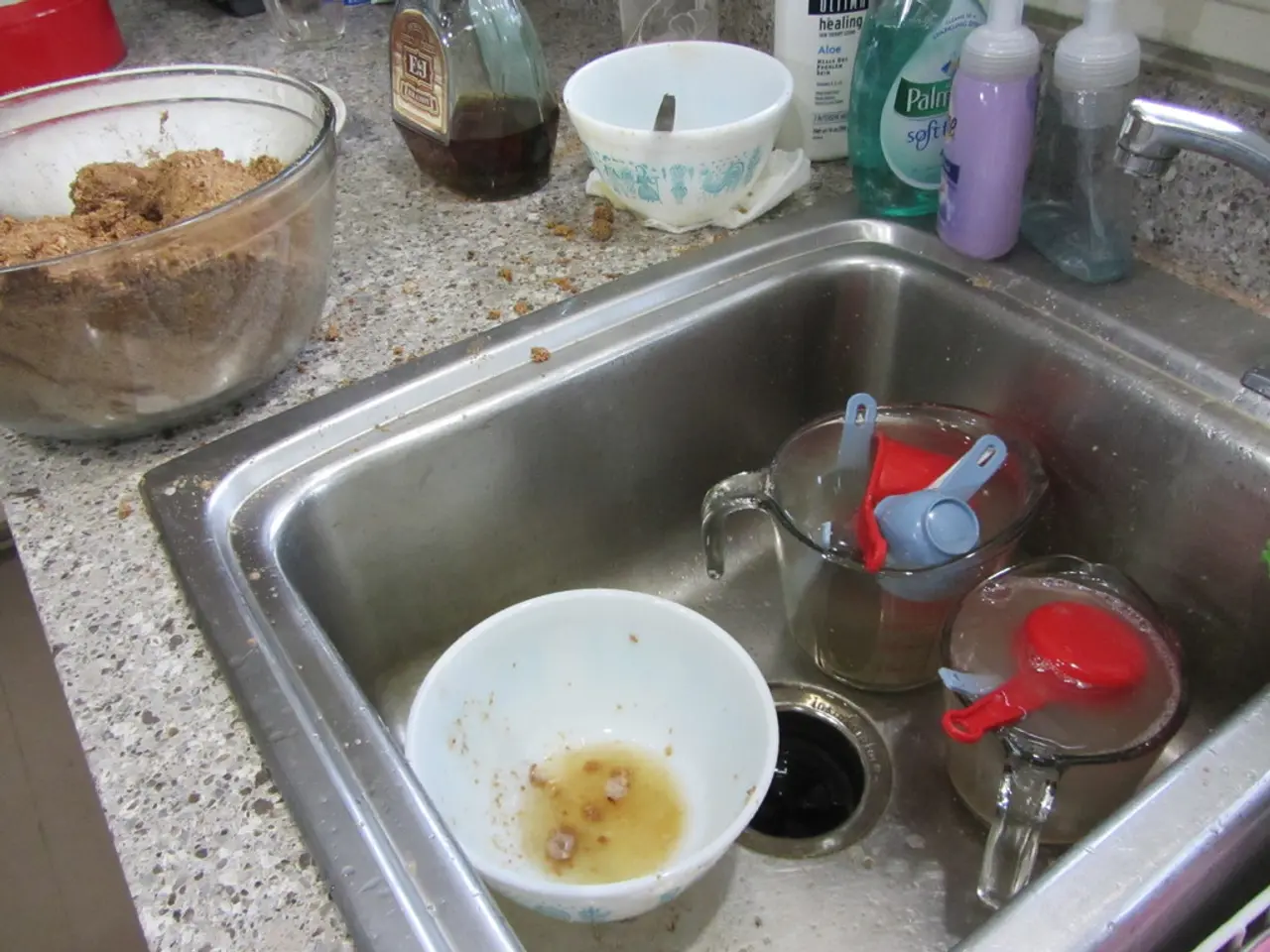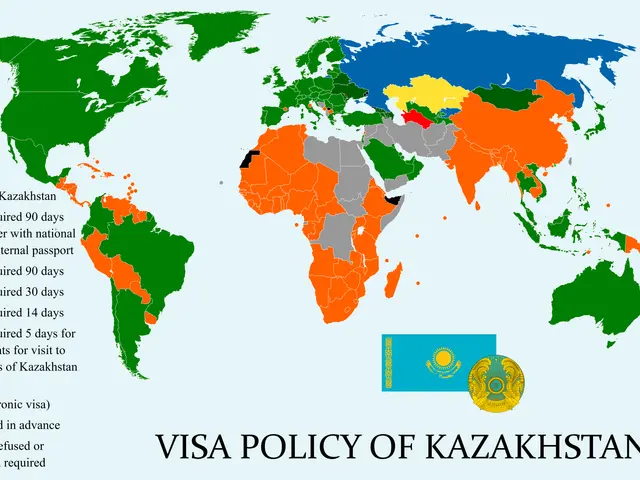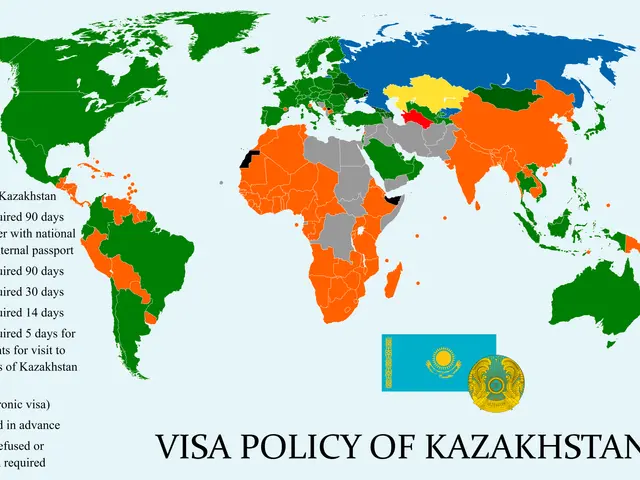Despite the cholera outbreak among Sudanese refugees, they are left with only lemons to serve as their medication.
In the western region of Sudan, the refugee camps of Tawila are currently grappling with a rapid spread of cholera. As of early August 2025, the outbreak has resulted in approximately 2,957 suspected cases and at least 20 deaths reported locally, with the wider Darfur region experiencing more cases and deaths.
Cholera, a highly contagious bacterial infection that causes severe diarrhea, has been spreading through contaminated water and food. The first cases in Tawila were detected in early June in the village of Tabit. Since then, the outbreak has worsened, with reported cases rising through July 2025 while cases in other Sudanese states declined.
Médecins Sans Frontières (MSF), which manages most cholera treatment in Tawila, has been working tirelessly to contain the disease. They have treated over 2,300 patients by the end of July and reported overwhelmed facilities with up to 400 patients in a 130-bed hospital. MSF estimates the number of cholera cases in Tawila could reach up to 28,000 at the peak of the outbreak, suggesting underreporting and ongoing spread.
Efforts to combat the disease include medical treatment, vaccination plans, water, sanitation, and hygiene (WASH) support, and funding needs. MSF and the Ministry of Health run cholera treatment centers, including a 160-bed facility in Tawila, though overcrowding is severe. UNICEF intends to deliver more than 1.4 million doses of oral cholera vaccine across affected areas. Provision of soap, latrine slabs, and plastic sheeting is underway to improve sanitation, although access challenges due to conflict remain severe. UNICEF reports an urgent need for $30.6 million to fund its cholera emergency response in Sudan.
The outbreak is exacerbated by conflict-related factors such as displacement of 380,000 people to Tawila, damaged health infrastructure, limited access to clean water, and overcrowded camps. These conditions create ideal circumstances for cholera transmission and complicate response efforts.
The situation is particularly critical for the 640,000 children under the age of five in North Darfur, who are at risk of cholera. The rainy season, which peaks this month, may bring floodwaters that further contaminate water supplies and worsen the cholera crisis.
It is important to note that cholera can kill within hours if left untreated, but is preventable and usually treatable with oral rehydration solutions and antibiotics. Despite the challenges, international agencies are mobilizing for treatment, vaccination, and WASH interventions amid severe logistical challenges.
References:
[1] UNICEF. (2025). Cholera Outbreak in Sudan. Retrieved from https://www.unicef.org/sudan/cholera-outbreak-sudan
[2] MSF. (2025). Cholera Outbreak in Sudan. Retrieved from https://www.msf.org/sudan/cholera-outbreak-sudan
[3] WHO. (2025). Cholera Outbreak in Sudan. Retrieved from https://www.who.int/emergencies/current/sudan-cholera/en/
[4] Sudanese Ministry of Health. (2025). Cholera Outbreak in Sudan. Retrieved from https://www.moh.gov.sd/en/cholera-outbreak-sudan/
Read also:
- Cinnamon and Acid Reflux: Advantages, Disadvantages, and Safe Usage Guidelines
- Apple Cider Flame: A Fiery Brew Recipe
- Health screening for adolescents is the focus of discussion.
- Landslide claims seven lives, injures six individuals while they work to restore a water channel in the northern region of Pakistan








